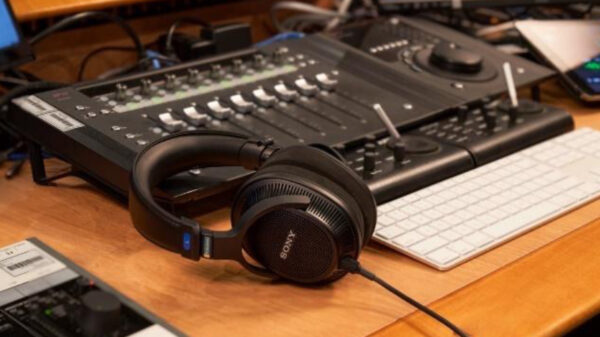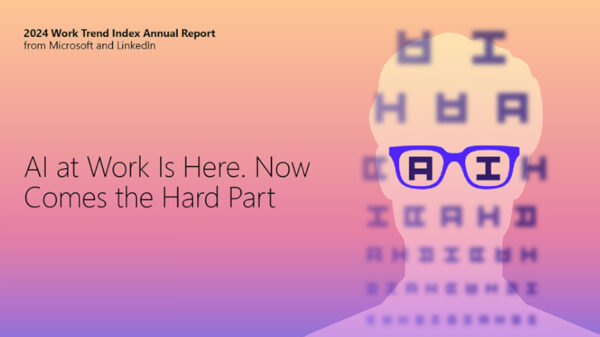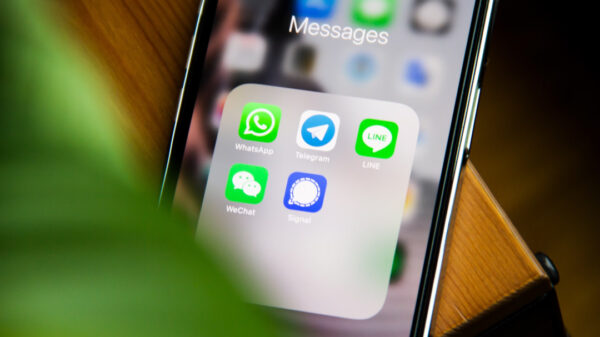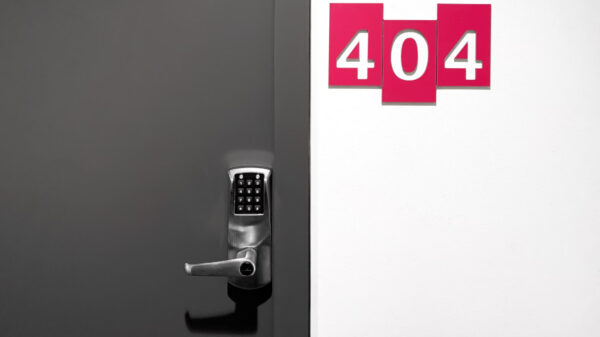Keeper Security, a renowned industry leader in exceptional password management, secrets management, privileged access, secure remote access, and encrypted messaging, has released the results of its latest study, The Keeper Password Management Report: Unifying Perception with Reality. Assessing the password habits of over 8,000 individuals, the report revealed that 3 in 4 (75%) people globally don’t adhere to widely accepted password best practices, with a majority (64%) either using weak passwords or repeat variations of passwords to protect their online accounts. More than a third of people also admitted to feeling overwhelmed when it came to taking action to improve their cybersecurity; an indication that these feelings might be putting people at greater risk of being hacked.
“In order to analyse people’s personal cybersecurity hygiene, we asked which animal they would identify with in regard to their cybersecurity behaviours,” said Darren Guccione, CEO and Co-founder of Keeper Security. “With over one in four people describing themselves either as an ostrich burying their head in the sand, careless as a bull in a china shop or a possum paralysed with fear, the industry clearly still has much work to do to get more people comfortable with cybersecurity and better protected as a result.”
According to Verizon’s annual Data Breach Index Report, up to 80% of successful data breaches are the result of compromised login credentials. However, according to the study, 57% claim they watch their passwords ‘like a hawk’ or say they’re like a ‘lion who confidently takes charge.’ Of the former, 40% had no idea whether their passwords had been breached, suggesting a large number of those surveyed are grossly overestimating their cyber-savvy or are wilfully ignoring password hygiene advice. Additionally, only 7% of respondents globally recognised password managers as the best way to achieve personal cybersecurity.
“Password management does not need to be complex, overwhelming or difficult to understand even with a large number of digital accounts to secure,” said Craig Lurey, CTO and Co-founder of Keeper Security. “Using a password manager is an ideal way for anyone to protect themself. Along with creating and storing strong and unique passwords for all digital accounts, a password manager can offer protection against phishing attacks and malicious links, because it will not fill credentials if the URL doesn’t match what’s in the user’s vault. A password manager can also be paired with dark web monitoring so users can stay abreast of all account information and take action immediately, if credentials are compromised.”
Other significant statistics in the report include:
· 30% of people still use simple passwords to protect their digital accounts, while 34% admit to repeating variations of the same password.
· 39% of respondents are unaware of whether they’ve been breached and 32% do not know whether their passwords are available on the dark web.
· 64% of respondents are not confident that they are managing their passwords well.
· 41% of respondents said cybersecurity is too difficult to understand.
· 29% of Baby Boomers use strong and unique passwords for every account, compared to only 20% of Gen Z respondents, of which 40% found cybersecurity overwhelming – highest of all the age groups.
· Men are more confident than women about password security – 39% of men vs 31% of women.
Click here to view the full report.



















































































































